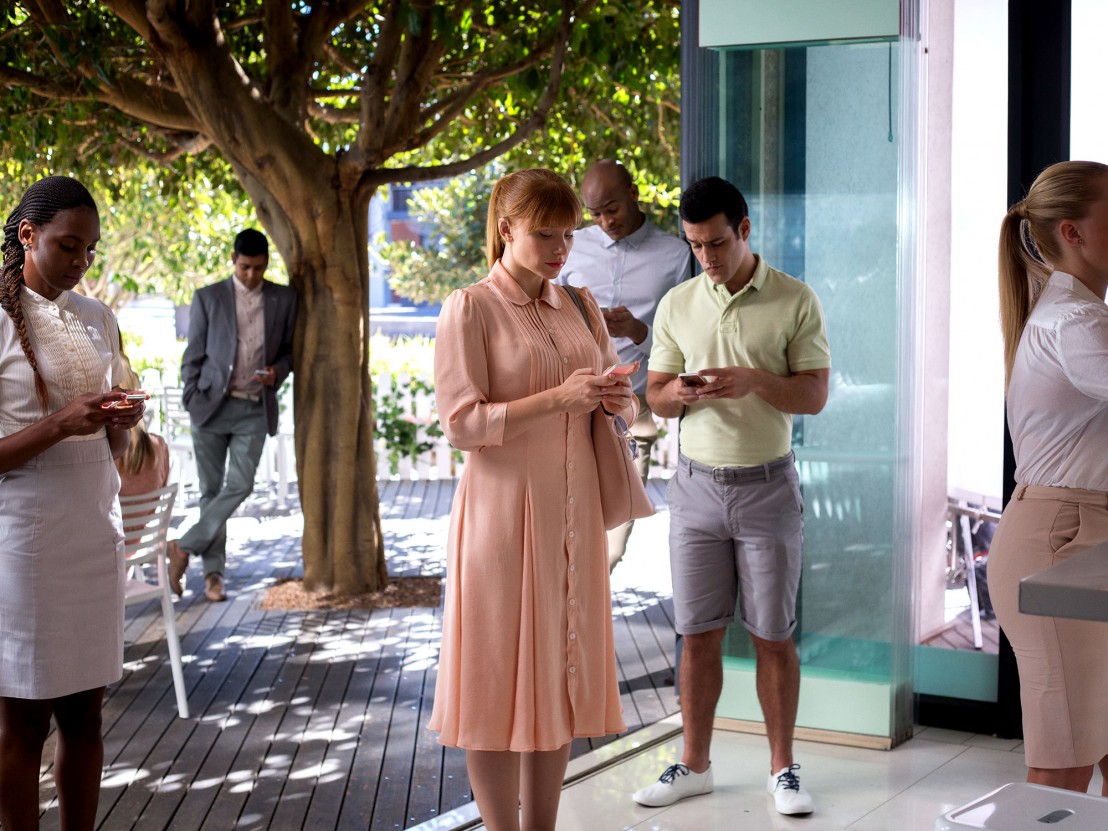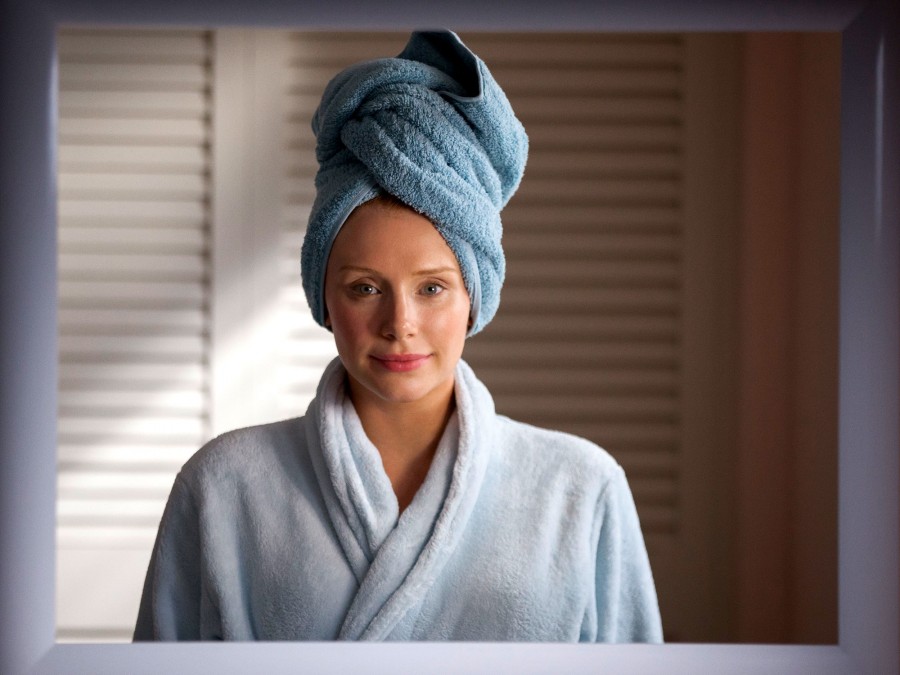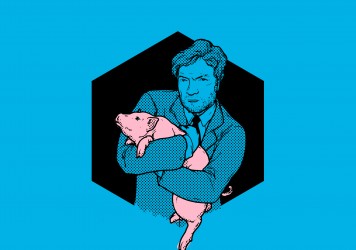
Confidence is a funny thing these days. Many of us no longer rely on our own ideas of what constitutes self-worth and happiness because we are too busy trying to keep up with the standards set out by a medium that has quickly spawned a whole new generation of narcissists: the internet and, most particularly, social media. Our self-worth now seems to be dependent on the number of “likes” we get on our online galleries and storytelling.
We may have had a great night out dancing and laughing in the company of friends, but to many, these memories lose all meaning unless they have been captured, published and “approved” of by the rest of the world. This has led us to lead two separate lives; our real lives, with all the good, bad and non-smiling ugly days, and our online lives, the staged, flawless lives we want everyone to see, admire and envy through hazy Instagram-filters. Uploading photos to Instagram and taking selfies in general has become an art-form which everyone around us is trying to perfect by posing in weird, awkward angles in the hope of boosting their self-esteem. By getting others to believe in our glamorous existence, perhaps we can fool ourselves into believing we really are living the life – at least by social media’s standards.
‘Nosedive’, the first episode of Black Mirror’s season three, takes this familiar approach to life to the next level. Imagine a type of modern-day Pleasantville where everyone greets each other, smiles are bestowed on you in abundance and no one ever speaks ill of each other. Everyone moves through life politely and respectfully and, should a problem ever arise, it is dealt with in a passive-aggressive manner. Sincerity has become a thing of the past, for an honest comment or a sarcastic remark may quickly lead to your numbers dwindling. Yes, in the world of ‘Nosedive’ people are mere numbers: the more “likes” they score, the higher their status in society.

Constantly connected to their mobile phones via retinal implants, it only takes one look at another person to see what their rating is. This rating is based on real-life interactions and the pictures people post online: the wider your smile, the prettier your hair and the nicer your photo-filters, the higher you rank. If you’re above a 4.5, you can get into any exclusive club or residence you want; fancy cars are yours for the taking and you get dibs on stand-by seats on commercial flight. Drop anywhere below a 3.5 and you’re treated like scum – you’ll be saddled with busted-up used cars and will have a hard time convincing others to be seen with you.
Lacie (Bryce Dallas Howard) is an ambitious young woman who has set her eyes on an apartment in a prestigious lifestyle complex. It’s disgustingly expensive and nauseatingly superficial, but her mind is made up. She must become a resident here in order to reach the contentedness she has been striving for all along. There’s just one problem: she’s a 4.3 and the complex only accepts 4.5 residents. But Lacie is optimistic. With the help of an analytic coach who schools her in all the possible ways she can reach a 4.5 in a short period of time, she believes she can make it happen. All she needs to do is befriend people with a higher rating; once they engage with her, a rating from them can automatically boost hers.
Having always held on to a quiet obsession with her former childhood friend Naomie (Alice Eve) – a shallow puddle with a solid 4.7 – whom she frequently stalks online, she figures it may not hurt to reach out to her. To Lacie’s delight, Naomie calls her and asks her to be maid of honour at her wedding. With the wedding guest-list being made up of a hoard of exclusives, it’s the perfect opportunity for Lacie to get her rating up by impressing them with her speech – the content of which doesn’t actually come from a place of truth, but desperation. But en-route to the wedding, her rating continues to drop, causing a lot of hiccups along the way.
Although this episode is on the surface of things somewhat “pleasant” compared to the other visions of an impersonal future awaiting you in Black Mirror’s third season, it is still a hard, emotional slap in the face. While most of Charlie Brooker’s work focuses on futuristic “what ifs”, ‘Nosedive’ is a pastel-coloured confirmation of a ife we are all blindly moving towards. We have come to depend on the fact that our online lives are editable – our speech, our appearance, our psychological well-being – but it is impossible to keep up this charade offline, unless your goal in life is to lose all sense of self. The line between “keeping up appearances” and “honouring your true self” is becoming increasingly blurred in this day and age, and ‘Nosedive’ aims to warn you of the repercussions.
Whether ‘Nosedive’ has a happy ending or not may be debatable for some but, this writer would gladly spend the rest of my days offline and in a prison cell, if it meant being able to be myself and speak my unfiltered truths, no matter how un-pretty. And Lacie feels the same.
Published 21 Oct 2016

The Black Mirror writer discusses the show’s switch to Netflix, and why he loves torturing his characters.

By David Hughes
Like Superman during the Great Depression, today’s superheroes are in-sync with our complex political climate.

By Vadim Rizov
Vadim Rizov considers the mainstream appeal of a trilogy of proudly racist films by one of conservative America’s most potent voices.